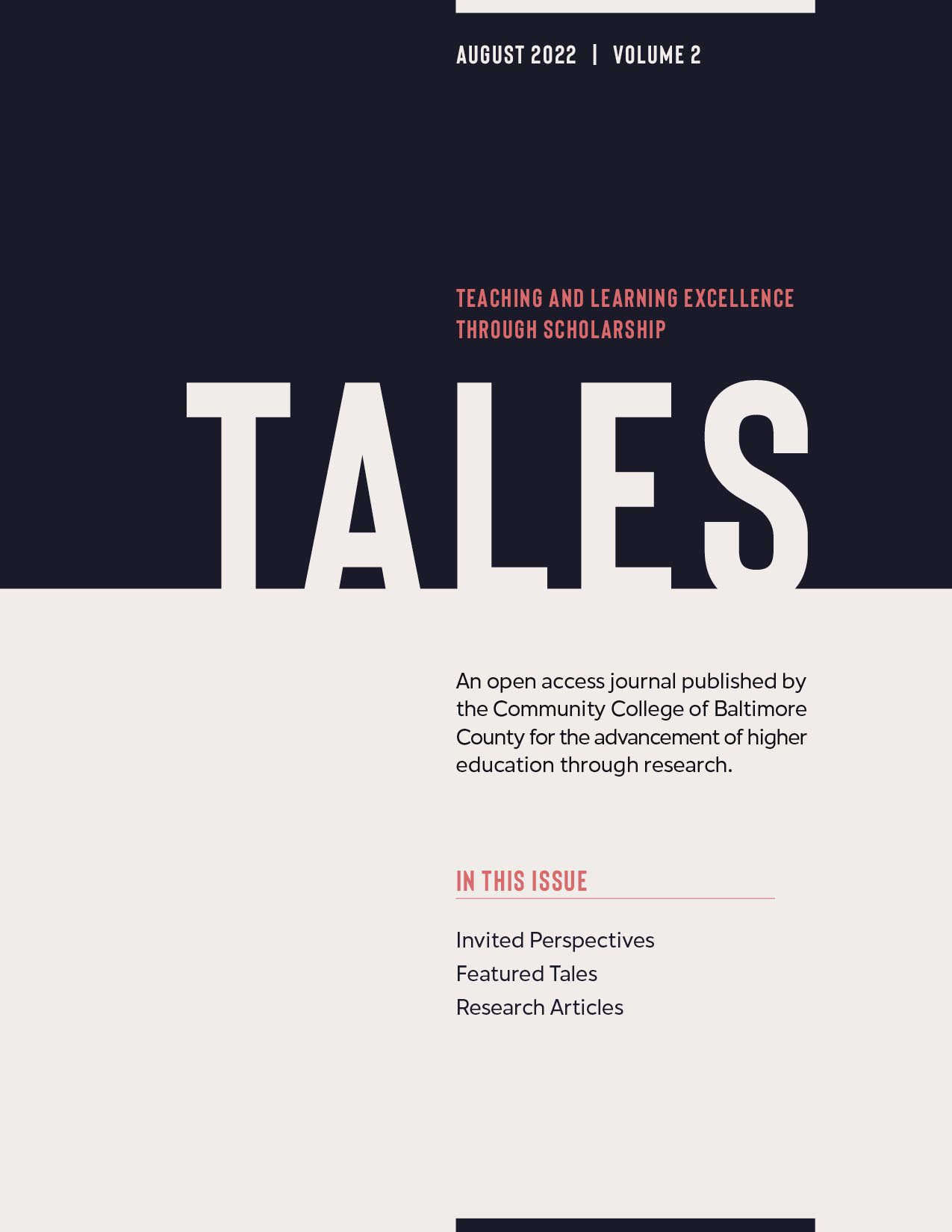Exploring Student Success Strategies in Developmental Education at the Community College Level
DOI:
https://doi.org/10.52938/tales.v2i1.2375Abstract
The problem investigated in this study was the low completion rates of students in mandated developmental education courses at a local community college in the mid-Atlantic region of the United States. The purpose of this study was to examine factors that may contribute to the persistence of community college students who have completed mandated developmental education courses. The qualitative study uses Tinto’s student departure theory as the conceptual framework to examine the lack of persistence of students in developmental education classes. The study included interviews with 8 students who have completed at least 1 developmental education course in the past 3 years. Data analysis included an extensive review of the interview transcripts to develop codes, categories, and themes to answer the research question. The findings of this study identify personal or academic persistence strategies that may assist community colleges in increasing the success rates of students in developmental education. Completing a credential has social change implications, as it may provide significant job opportunities and the ability to earn higher wages impacting overall quality of life. Moreover, an individual that receives an associate degree may earn 17% more in their occupation than their counterparts with a high school diploma or equivalent.


